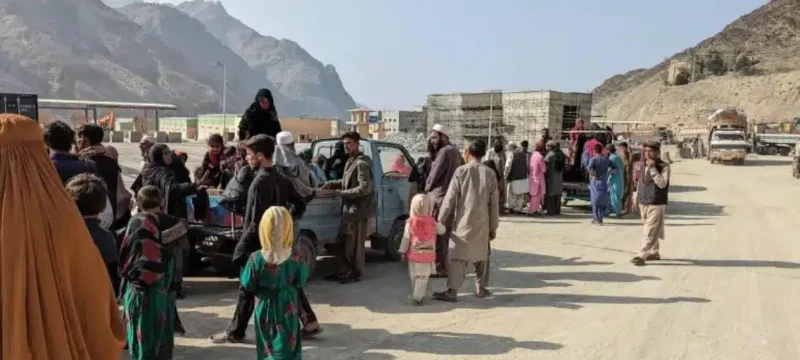In a session chaired by Prime Minister Shahbaz Sharif, the federal cabinet made significant decisions on Friday, extending the validity of Afghan refugees’ Proof of Registration (POR) cards for three months and approving the establishment of an additional special court in Makran division to handle anti-narcotics cases in Balochistan.
The cabinet was briefed on the government’s consultation with stakeholders regarding the use of drone technology in agriculture, which is in its final stages. Additionally, based on the recommendation of the Ministry of State and Frontier Regions (Safron), the cabinet extended the validity period of POR cards from April 1 to June 30, 2024. This extension will enable cardholders to access various facilities in Pakistan, including schools and bank accounts.
It was noted that POR cardholders would be repatriated in the third phase of the program aimed at repatriating illegal aliens from Pakistan, with the first phase already underway. The establishment of an additional special court in Makran division, extending its jurisdiction to districts like Panjgur, Kech, Gwadar, Hub, and Lasbela, to handle anti-narcotics cases in Balochistan was also approved by the cabinet, following the recommendation of the Ministry of Law.
Also Read: Afghan Minister Calls for Negotiations Between TTP and Islamabad
During the meeting, the Privatization Secretary briefed ministers on the progress of privatizing the Pakistan International Airlines (PIA), highlighting that ads to invite expressions of interest had been published in national and international newspapers by May 3. Several companies had shown interest in the PIA sell-off. Furthermore, the cabinet received a briefing from the Aviation Secretary on recent measures taken to enhance facilities at Pakistani airports, particularly in Lahore and Karachi.
The cabinet also approved the appointment of four ex-officio members to the board of the Institute of Cost and Management Accountants of Pakistan (ICMAP), and endorsed decisions taken by the Cabinet Committee on Legislative Cases in its April 18 meeting.
In a separate development, Prime Minister Shahbaz Sharif chaired the third meeting of the Pakistan Council for Climate Change, emphasizing the need for consultation with provinces on policy-making regarding guiding principles for carbon credits. The meeting discussed policy guidelines for foreign trading in carbon credits, with recommendations provided by the chief ministers of the provinces and Gilgit-Baltistan. The prime minister instructed the formulation of a policy draft for presentation at the next council meeting, highlighting the importance of federal-provincial collaboration in climate change policy-making.









